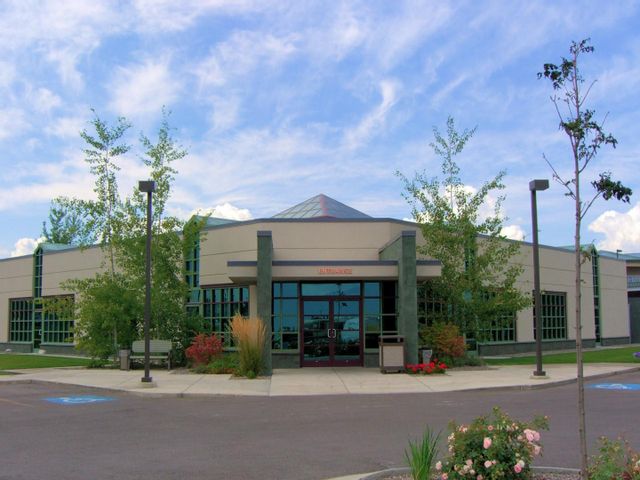Master Planning: A Strategic Approach to Architectural Engineering & Construction

In commercial architectural engineering, land development, and construction, master planning is a critical part of the process. It involves a thorough assessment of all aspects of the project and the creation of a nimble, but comprehensive, long-term plan that provides a road map for successful land planning and development. The architectural team at Jackola Engineering & Architecture, PC, located in Kalispell, MT, understands how important this step is to the overall success of any given project. Read on for a deeper explanation of what master planning is and why it’s so important.
How Does Master Planning Fit in the Architectural Engineering Process?
Master planning should essentially be the first step in any commercial land development undertaking, as it will inform architectural design and a myriad of other considerations involved in the construction process. Here are some of the main components of a master plan.
Scheduling
The plan will lay out a tentative phasing and implementation schedule based on identified priorities and potential issues.
Assessment of the Site
Master plans are often generated from a need to understand the current conditions and considerations involving the building site. The plan will define the space, identify public amenities, and determine the potential mix of uses for the site.
Community Engagement
A good master plan will work to build community interest in the project and engage locals and stakeholders, which helps ensure long-term consensus and support down the road.
The Importance of Master Planning to Architectural Engineering
A clearly and logically structured project methodology is critical to the architectural process because it takes a wide view of the entire project rather than focusing on a single process or component. This allows engineers, planners, and stakeholders to make informed decisions and positively impacts the end result on multiple levels, which are discussed below.
Quality & Accuracy
By assessing and defining site conditions, the surrounding area, and community/stakeholder expectations from the start, master planning helps ensure the overall success of the project. Any issues and site constraints are identified ahead of time, which minimizes the time and cost involved in dealing with them.
Timeline & Cost Control
In any building project, scheduling is key, as it coordinates all the moving parts involved in the project to maximize efficiency and effectiveness. Not only does this promote seamless execution of all project phases, but, since time is money, it’s the best way to keep project costs under control and within budget.
The purpose of a master plan is to provide a framework for the architectural engineering and development of a site to promote the overall success of the project from start to finish. The design and engineering teams at Jackola Engineering & Architecture, PC, are committed to excellence at every phase of commercial development and construction. Visit them online, or give them a call today at (360) 852-8746.
About the Business
Have a question? Ask the experts!
Send your question

